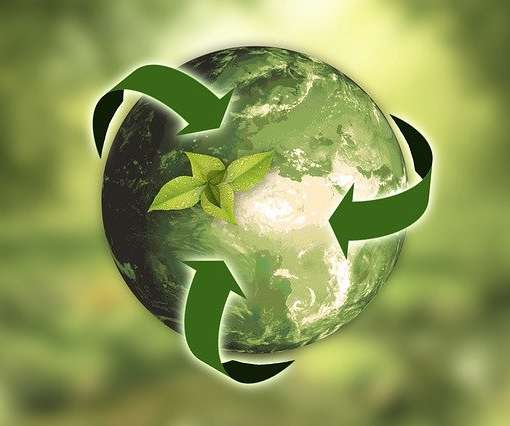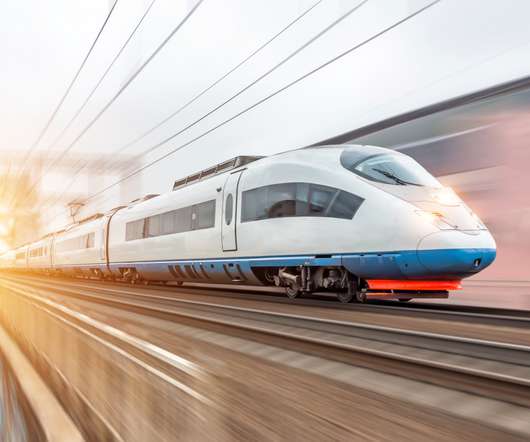Diversifying Decarbonization to Achieve ESG Goals
3BL Media
DECEMBER 13, 2022
DESCRIPTION: On the hook for a reported 27% of the nation’s carbon emissions, the transportation industry is now considered a key focus area for decarbonization. Diversifying the decarbonization toolbox is key to maintaining operations across unknown events and the changing landscape,” writes Mycroft in the article.












Let's personalize your content